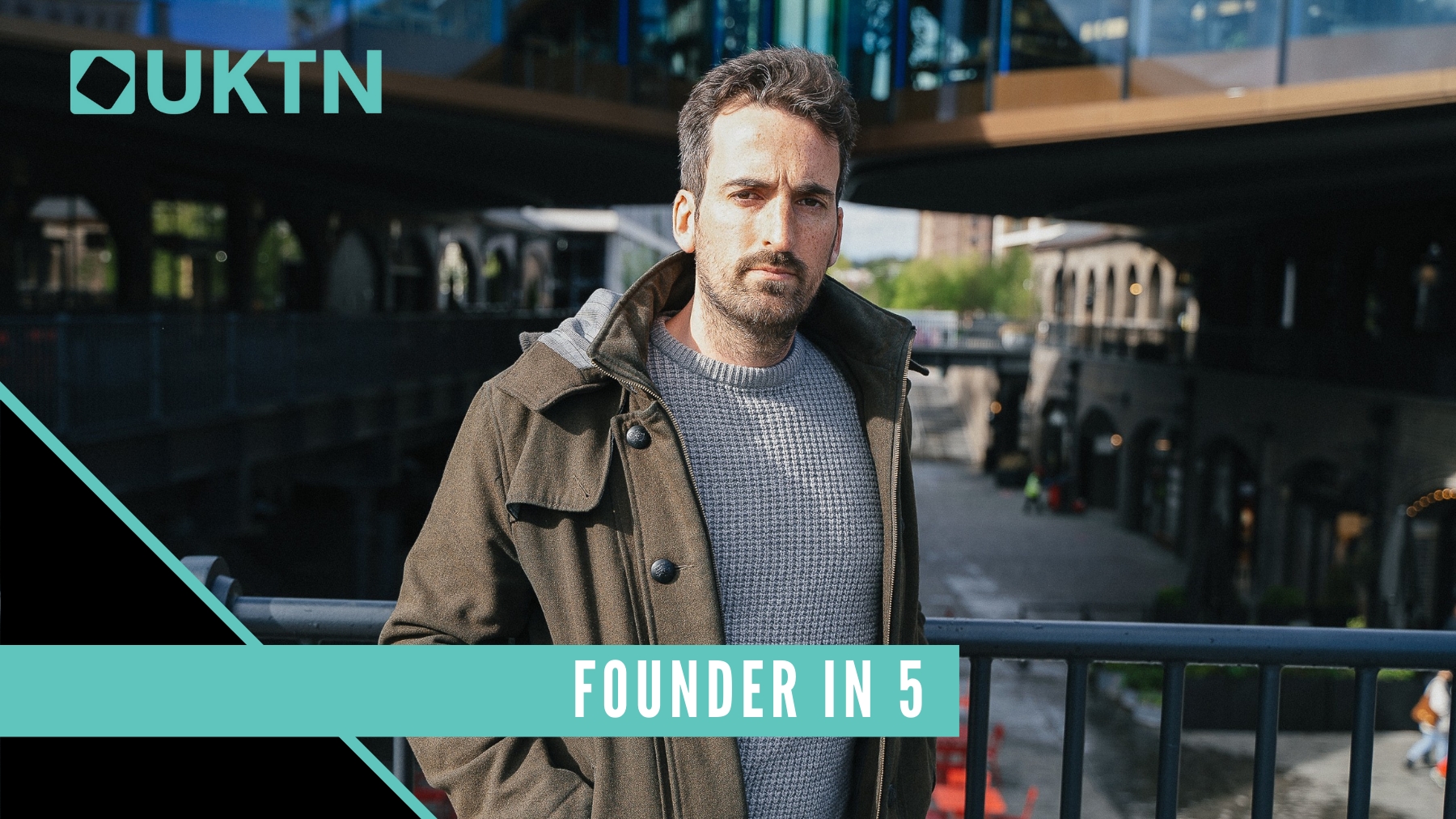Sançar Sahin is the co-founder and CMO of Oliva, a startup providing personalised workplace mental health support.
The Oliva platform gives employees on-demand, specialist mental health support. The service matches therapists with employees based on their individual needs and is active in over 70 countries. It is paid for by employers, with Oliva’s customers including Marshmallow and Leapsome.
Sahin, who has a background in marketing at startups including Typeform and Hotjar, founded Oliva in 2020 after experiencing burnout and a lack of work-life boundaries during his early career.
The London-headquartered company, which was co-founded by Javier Suarez, secured £4.84m in a seed funding round in March 2022. Prior to that, it scooped over £2m in pre-seed funding.
In this week’s Founder in Five Q&A, the Oliva CMO explains why therapy shouldn’t just be a perk, shares tips for promoting workplace diversity and reveals why he’s sceptical of AI chatbots replacing therapists.
1. Which role was the most important early hire you made?
Sançar Sahin: Our mission at Oliva is to widen access to timely and evidenced-based mental health support for all those who need it. So hiring our chief clinical officer, Dr Sarah Bateup, was a crucial first step.
As a leading cognitive behavioural therapist with over 25 years of experience, Sarah’s wealth of clinical expertise has been key to building a care approach which is backed by and evolving in line with the latest research, in order to offer our users the best support possible.
2. What’s a common mistake that you see founders make?
SS: Employee wellbeing has rightly become a hot topic in recent years. As a result, we’ve seen a proliferation of wishy-washy wellness work ‘perks’. But free food and gym memberships are no replacement for robust, professional mental health support for those who need it.
Therapy isn’t a ‘perk’; it’s a must for the legions of workers who are struggling with mental health issues, as well as those who want to proactively protect their mental health. And it’s a must for any founder who wants to nurture teams who feel supported and are able to thrive. Offering employees access to professional mental health support, and fostering cultures where employees feel empowered to speak up when they’re struggling, is key.
3. What’s the best way to promote diversity in the workplace?
SS: A commitment to diversity is meaningless without the proper infrastructure to ensure that all employees feel, and continue to feel, supported, valued and included at work. So, building a diverse workplace demands inclusive policies and practices which genuinely support all staff.
This involves providing tailored, inclusive benefits such as; mental health support, flexible working policies, fertility and family-forming services. And empowering employees to choose the options that meet their individual needs. This means all employees can feel equally supported irrespective of circumstances or preferences.
4. How do you prevent burnout?
SS: I haven’t always prioritised my mental health. In the early years of my career, I failed to establish healthy work-life boundaries and lacked a clear understanding of my wellbeing needs. So, when the lockdown erased any existing separation between my work and life, I burnt out. As a result, I now prioritise time to completely switch off from work.
I try not to put too much pressure on myself to have the perfect self-care routine. So, when I feel like exercising, I like to box. But if I’m not feeling up to it, that’s ok, too – I might just take the dog for a walk.
5. Which hyped-up technology do you think is doomed to fail?
SS: The use of AI chatbots as a replacement for therapists is something I remain sceptical of. Recent research has highlighted consistent errors in machine-generated answers, and even more worryingly these fallacies are often indistinguishable from facts. This poses many questions about the reliability of chatbots to provide consistent, clinically-sound mental health support.
While I believe AI support will, in time, become a valuable tool to help with mental health treatment. I think it must be viewed as a tool which sits alongside real-life therapy, rather than its replacement.
Founder in Five – a UKTN Q&A series with the entrepreneurs behind the UK’s innovative tech startups, scaleups and unicorns – is published every Friday.
The post Oliva co-founder: I’m sceptical that AI chatbots can replace therapists – Fi5 appeared first on UKTN | UK Tech News.


